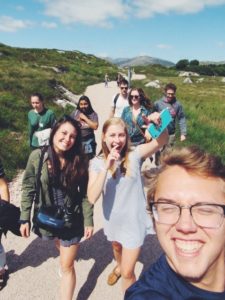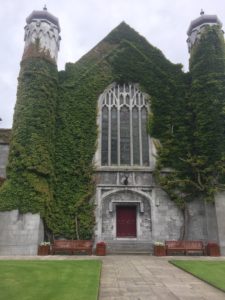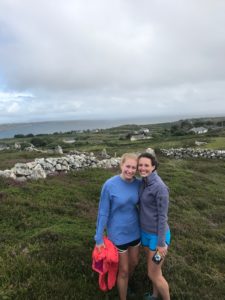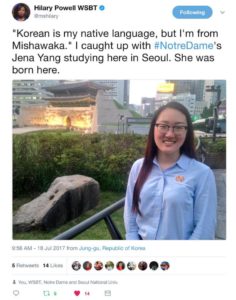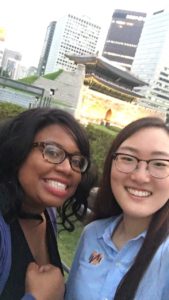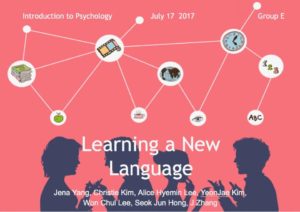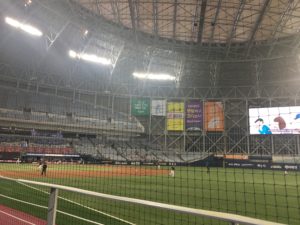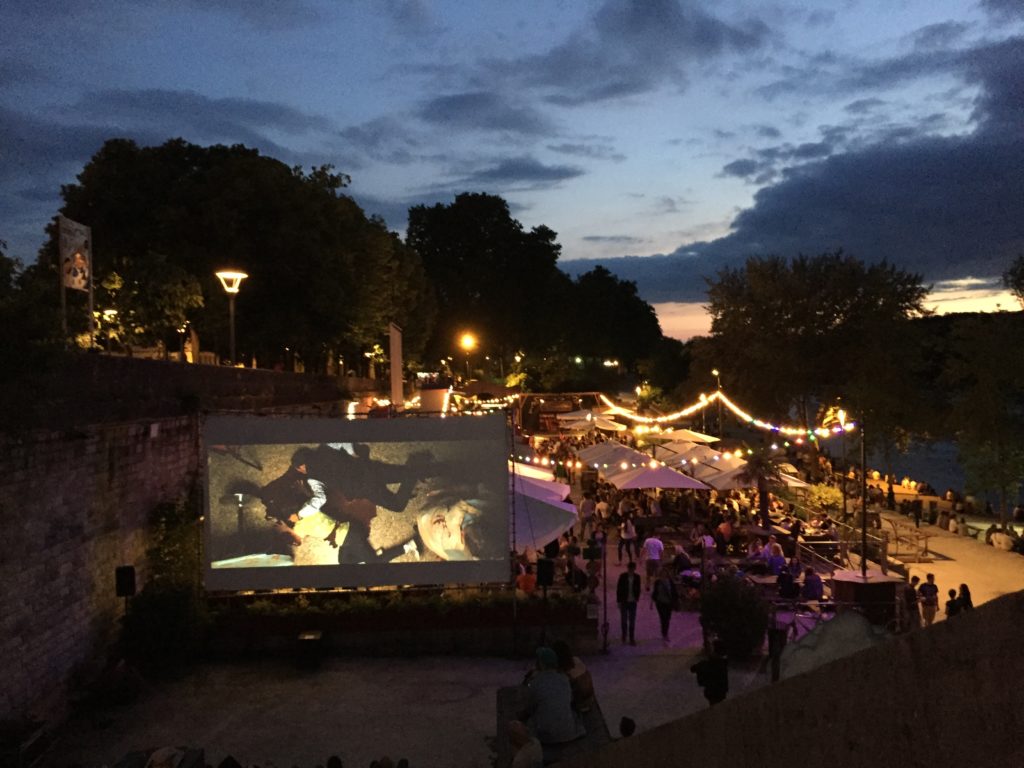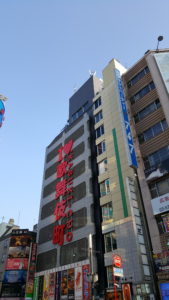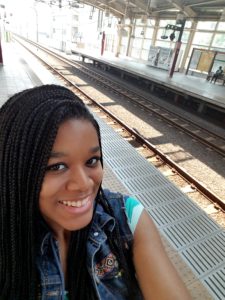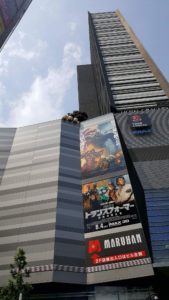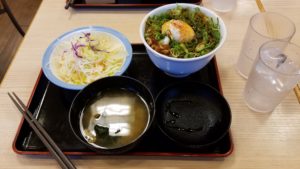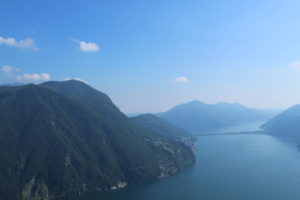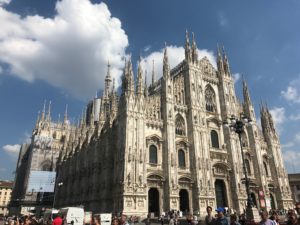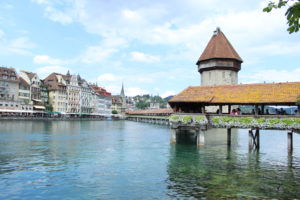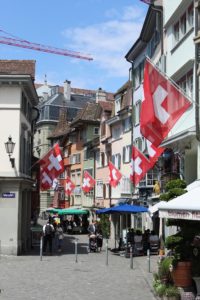It has now been a little less than a month since I returned home from Sorrento back in June, and I have had plenty of time to think about and reflect on my experience. Having spent a month in Italy, taking classes each day, and living with a host family, I now understand how hard it is to truly master a language. Taking classes at school definitely helps keep the language in practice, but I now believe that it requires some form of living in your country of choice in order to really learn the subtleties of any language. From idioms to more colloquial phrasings of things you thought you knew, studying abroad is an integral part of language acquisition. In regard to the goals I set at the beginning of the summer, I believe that I definitely made great progress in all of them. While my conversational skills are definitely not perfect, I felt far more comfortable speaking with my host family on the last day than I did when I arrived. Additionally, my reading skills definitely improved as a result of the literature class I took that required us to read extended excerpts from various contemporary Italian works each day in class.
As a result of this experience, I have learned so much about what it’s like to live in another country. It has really opened up my worldview and helped me to understand the importance of being a global citizen. While Sorrento is obviously a well developed and tourist friendly area within Italy (by no means an underdeveloped country), there are still certain things that we take for granted here in America that aren’t available in every country. For example, I came back from Sorrento with a greater consciousness of my daily environmental impact. Italians are very conscious of their energy and water consumption, which was a bit of a change for me at first, but I quickly learned to respect my host family’s ideals. For example, I no longer leave lights on when I don’t need them, and I also try to take quicker showers in order to conserve water. While I didn’t expect to come home with this newfound environmental consciousness, I am certainly glad that I did. For anyone even remotely considering applying for an SLA grant or beginning their own summer language study, I would highly encourage them to take a change and pursue that desire. I know a month away during the summer may seem like a long time for some people, but spending any amount of time in a different culture is an experience that I believe all people should have at some point in their life.
Going forward I have a few ideas for my Italian studies. Obviously I will continue studying the Italian language on campus, while also doing my best to maintain and improve my ability in my free time as well. My literature teacher, Domenico, suggested a few Italian books for Nick and I to pick up and read throughout the year, so I have slowly been making my way through the first of these: I Nostri Antenati (“Our Ancestors”) by Italo Calvino. During my future studies, I believe this SLA grant experience will help me in all of my Italian Studies classes as a result of my improved conversational skills and reading ability. Not only will my SLA experience benefit me in school, but beyond as well. In addition to a new desire to study abroad junior year, I think going abroad professionally for a period of time would be an amazing experience. If I could use my Italian ability to actually work in Italy for a period of time, I would really enjoy such an opportunity. I learned so much during my time in Sorrento, but I think the most important thing I discovered was how much I actually don’t know. This realization is going to be a driving force in my education going forward, as I strive to understand the Italian language to the fullest extent possible. I am beyond grateful for the opportunity that this SLA grant gave me, and I can only hope that I will be able to return to Italy soon.
